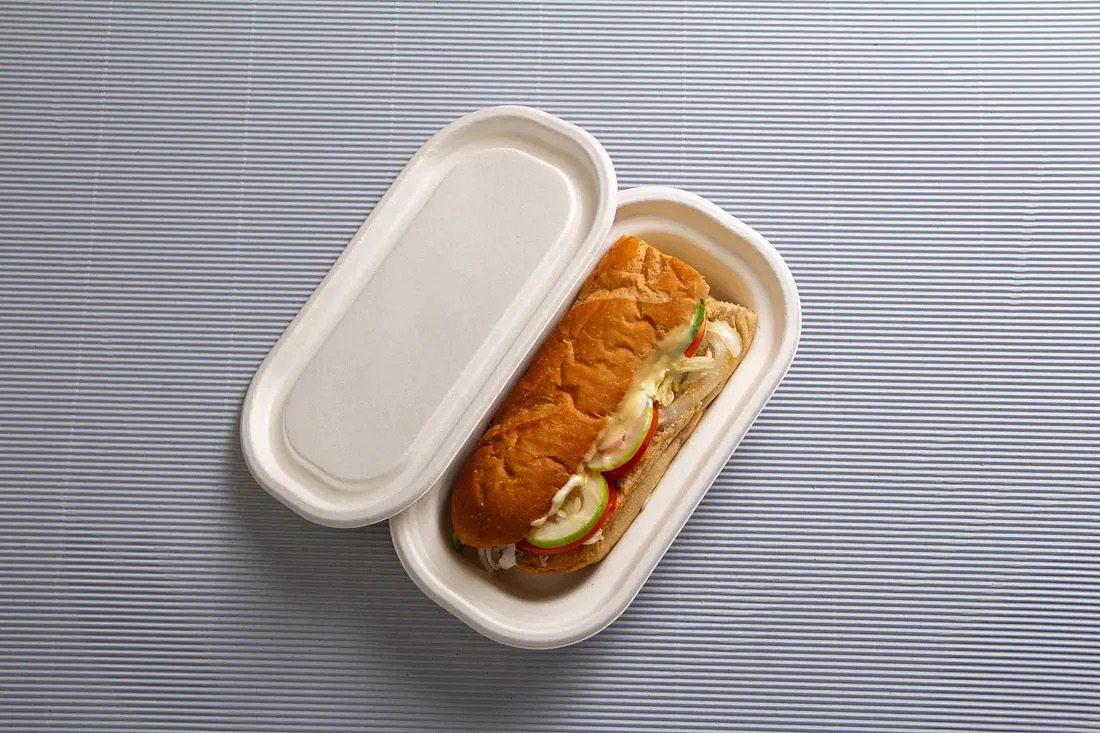Introduction
In an era where sustainability is becoming a key consideration for businesses, small and medium-sized enterprises (SMEs) are looking for eco-friendly alternatives that don’t compromise their budget. Bagasse plates, made from sugarcane byproducts, have emerged as an environmentally responsible option for single-use tableware. But can these sustainable alternatives be cost-effective for small businesses? This blog explores whether bagasse plates provide an affordable solution while helping SMEs maintain their commitment to the planet.
Eco-Friendly Without Breaking the Bank
One of the biggest challenges for small businesses looking to adopt sustainable practices is balancing cost and environmental responsibility. Traditional plastic and Styrofoam plates are often cheaper, but they come with a significant environmental cost. In contrast, bagasse plates offer an affordable eco-friendly option that does not significantly inflate costs. As demand for bagasse plates grows, their price has become more competitive, making them accessible even to smaller enterprises. Additionally, the long-term benefits of sustainable branding and customer loyalty can offset any slight increase in upfront costs.
Durability and Versatility at a Reasonable Price
Another consideration for small businesses is the functionality and versatility of the products they use. Bagasse plates are not only compostable and biodegradable but also durable and heat-resistant, making them suitable for a variety of food items, including hot and oily dishes. This versatility ensures that small businesses can use bagasse plates across multiple types of service—dine-in, takeout, or catering—without compromising quality. Their durability and aesthetic appeal add value, making the cost worthwhile, as they reduce the need for double plating or additional packaging, which is often required with flimsy alternatives.
Reducing Waste Disposal Costs
Small businesses often bear the costs of waste management, especially if they use non-recyclable materials like plastic or Styrofoam. By switching to bagasse plates, businesses can potentially reduce waste disposal costs, as these plates are compostable and can be diverted from landfills. In some regions, there are even incentives or reduced disposal fees for businesses that adopt compostable packaging. By using bagasse plates, small businesses not only contribute to environmental sustainability but may also save money on waste management.
Long-Term Benefits of Sustainable Practices
While bagasse plates may have a slightly higher upfront cost compared to conventional disposable plates, they offer long-term financial benefits. Today’s consumers are more eco-conscious than ever and tend to support businesses that align with their values. By adopting bagasse plates, small businesses can attract environmentally conscious customers, building brand loyalty and enhancing their reputation. The positive marketing potential of being seen as a sustainable business can translate into greater customer retention and growth, which outweighs any initial cost concerns.
Conclusion: A Worthwhile Investment for SMEs
For small businesses, sustainability doesn’t have to come at a steep price. Bagasse plates are an affordable, durable, and eco-friendly solution that aligns with the growing demand for sustainable products. By choosing bagasse plates, SMEs can reduce their environmental impact, cut down on waste management costs, and tap into the expanding market of eco-conscious consumers. While there may be a small initial investment, the long-term financial and reputational benefits make bagasse plates a cost-effective and sustainable choice for small businesses looking to make a positive change.





Comments